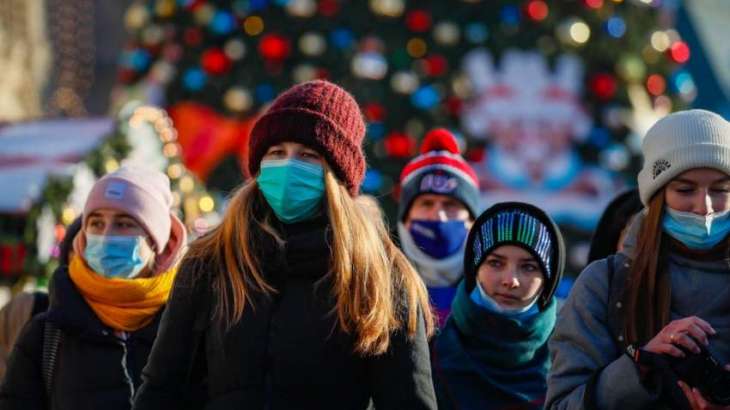India's first vaccine against the coronavirus, COVAXIN, has shown better reactogenicity and safety in phase 2 clinical trials compared to phase 1, according to trial results published by The Lancet Infectious Diseases medical journal
MOSCOW (Pakistan Point News / Sputnik - 09th March, 2021) India's first vaccine against the coronavirus, COVAXIN, has shown better reactogenicity and safety in phase 2 clinical trials compared to phase 1, according to trial results published by The Lancet Infectious Diseases medical journal.
During phase 2 trials launched last fall, a total of 380 participants were given two doses of the Indian coronavirus vaccine four weeks apart.
"In the phase 2 trial, BBV152 [COVAXIN] showed better reactogenicity and safety outcomes, and enhanced humoral and cell-mediated immune responses compared with the phase 1 trial," the report published on Monday said.
According to the trial results, the participants developed higher neutralizing antibody titres in phase 2 compared to the previous phase, while antibody and T-cell responses induced in phase 1 remained elevated in all vaccinees 3 months after the second vaccination.
"Additionally, the proportion of participants reporting adverse events in the phase 2 trial were lower than in the phase 1 trial," the report read.
No serious side effects were reported in the study. Local adverse effects included pain and swelling at the injection site, while systemic adverse effects include fever, fatigue or malaise, myalgia, body aches, headache, nausea or vomiting, anorexia, chills, generalized rash, and diarrhea, the report added.
Last week, the vaccine's developer Bharat Biotech announced that COVAXIN demonstrated interim clinical efficacy of 81 percent in phase 3 trials. The vaccine also demonstrated "significant immunogenicity against the rapidly emerging variants." The phase 3 trials enrolled participants aged between 18 and 98, including 2,433 over the age of 60 and 4,500 with comorbidities.




